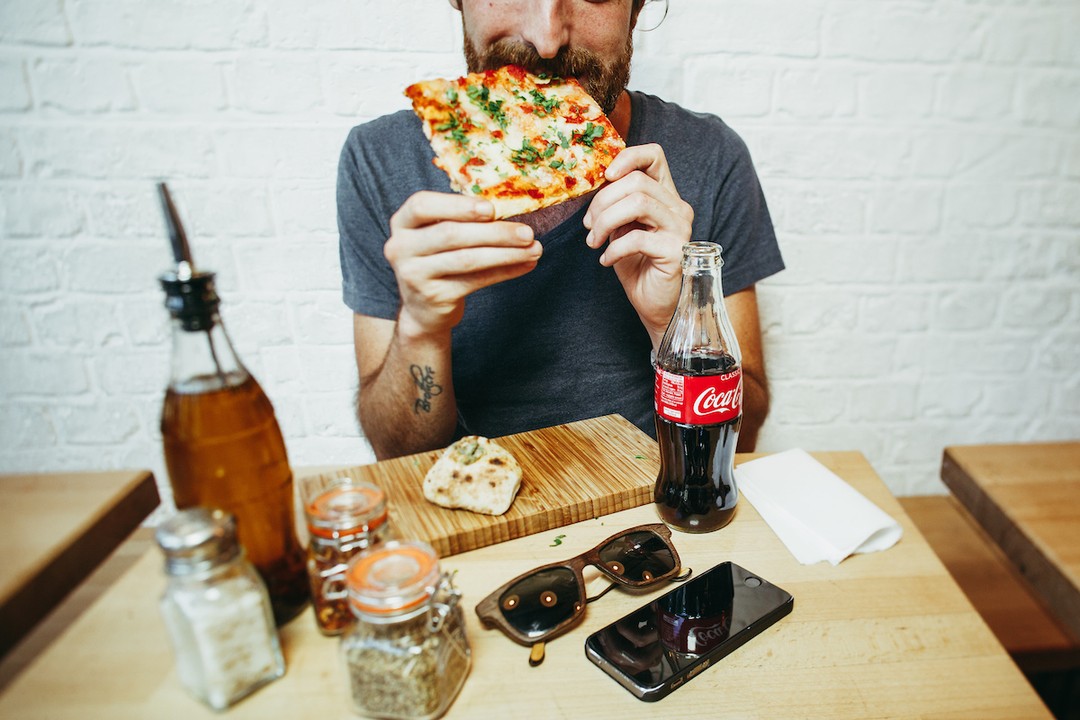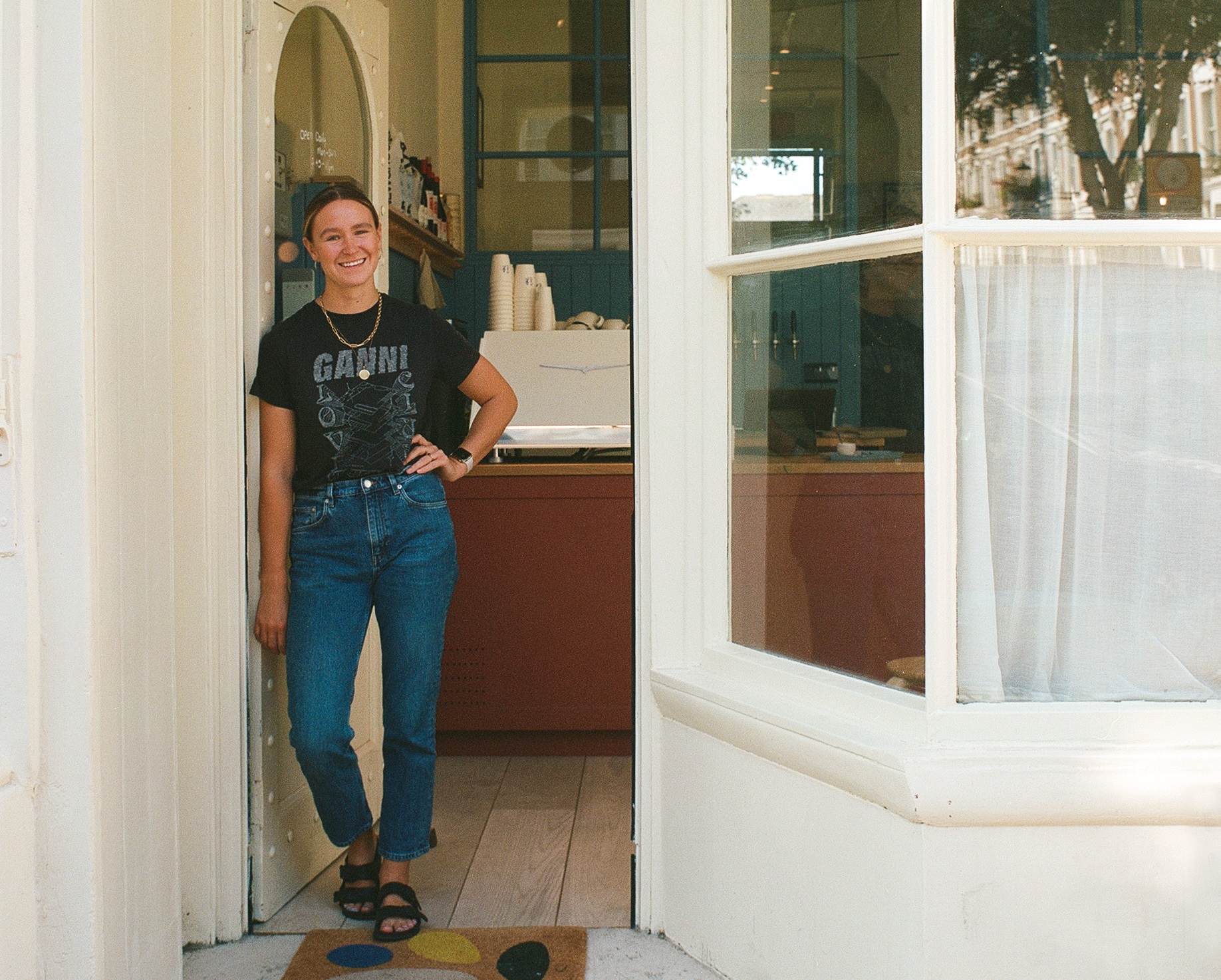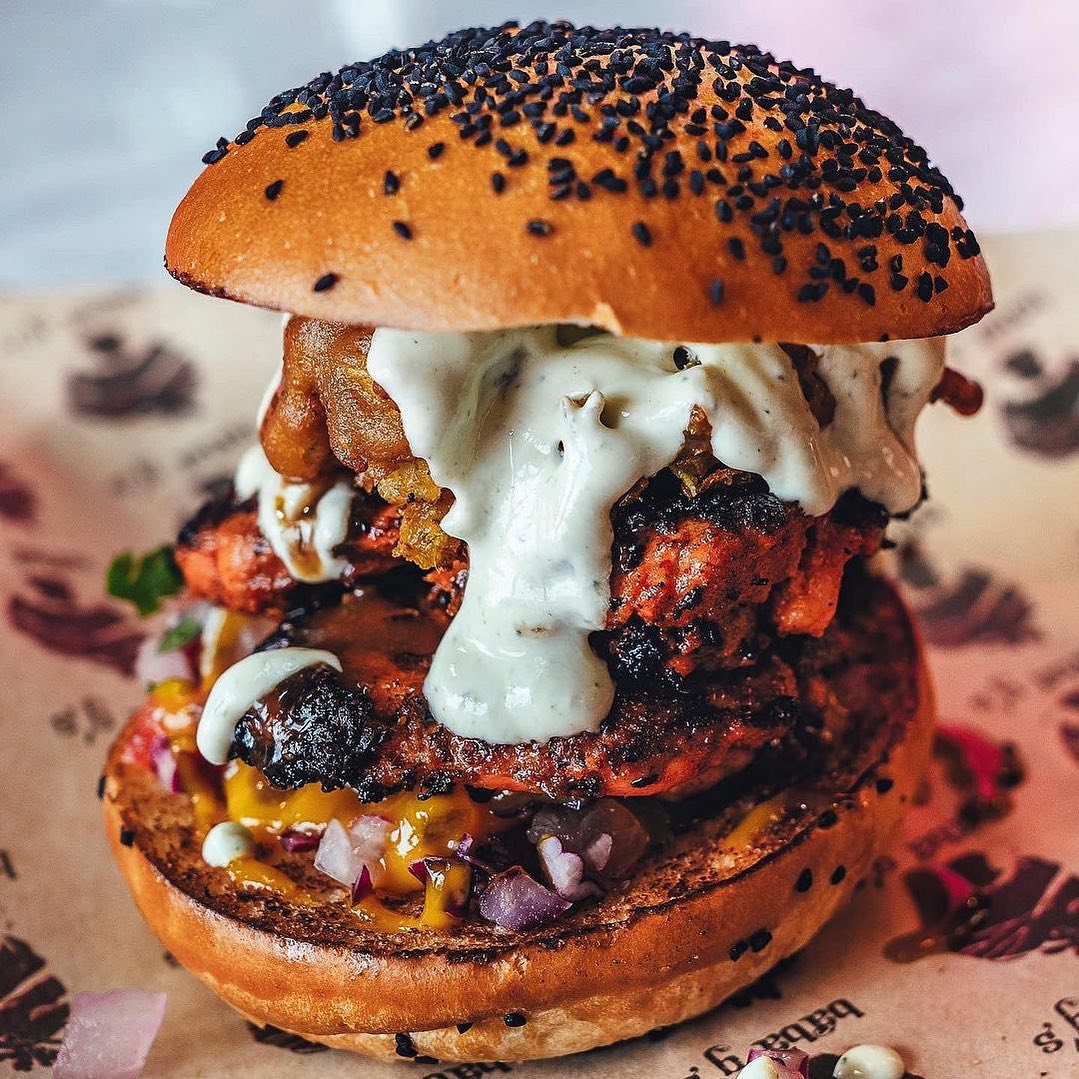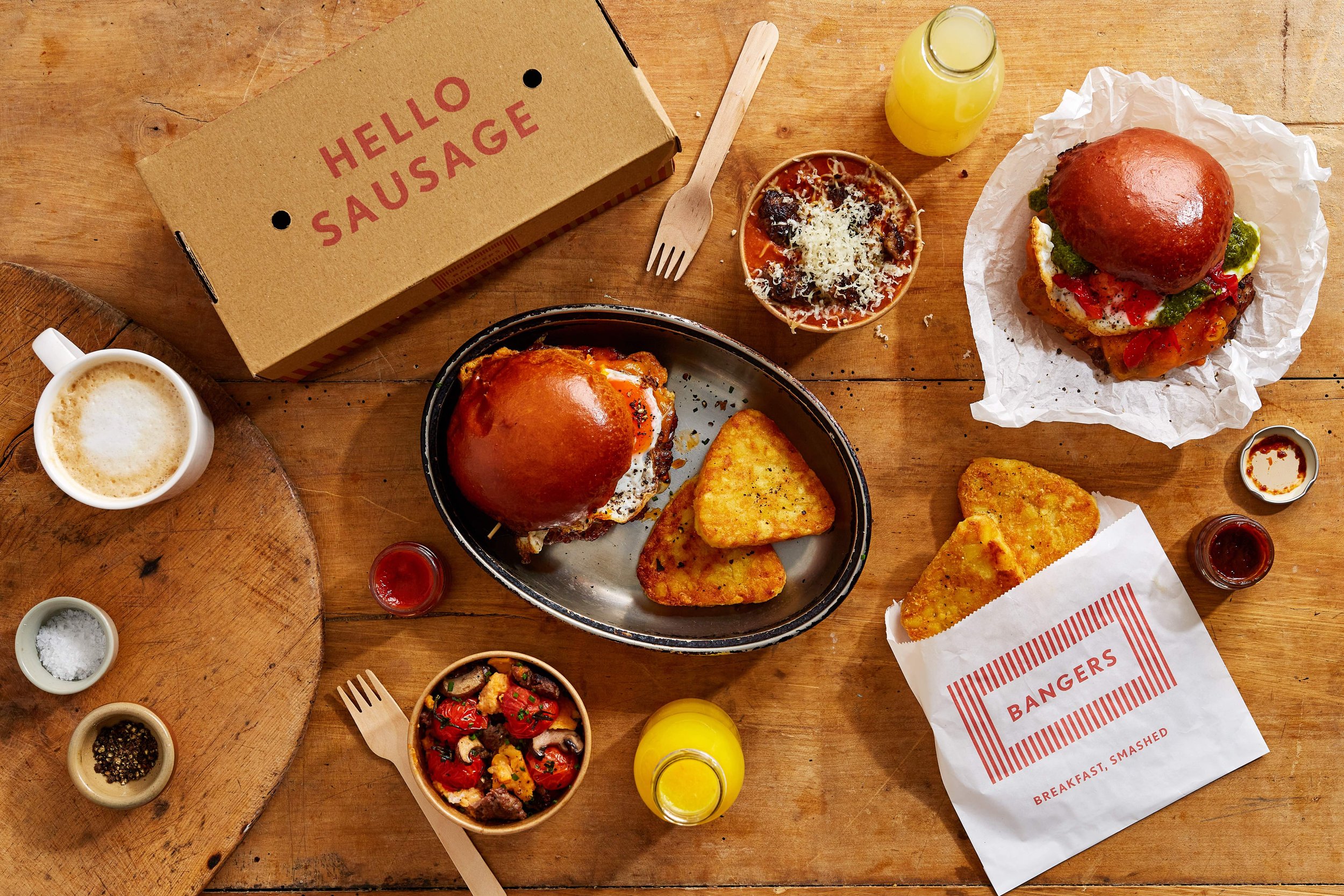After meeting with and talking to so many people in the food business, we here at Hawkker thought it would be useful to compile our insights into how to start a coffee shop or café (yes, even now).
Now is actually a bizarrely good time to consider opening a coffee shop, even when taking into account the risk of future pandemic-related shut-downs. With or without further lockdowns, the keys to a successful café remains much the same: a strong social media presence and some great word-of-mouth publicity, both of which are also reliable indicators of your product’s high quality.
Before the pandemic, cafés were bubbling up everywhere in the UK, with almost 13,000 new coffee shops opening between 2009 and 2019. Whether favoured as hubs for freelance and academic work, meeting places between friends, or sought out for solitary moments of calm, coffee shops are often the hearts of their communities. Regulars love to go in for “the atmosphere”, the great coffee, and will even enjoy getting to know the people who work there.

During the pandemic however, a visit to the local café has become a regular, weekly or daily “treat” for customers to get their latte or matcha, a croissant or favourite sandwich. Regular outings of this kind satisfied those seeking a sense of routine in their new day-to-day. And when all reopens, the coffee shops that will have made it through this past year will be met with relieved, happy customers, old and new.
Opening a café is an attractive proposition; with the right tools, approach, people and – as with everything – a bit of luck, doing so is a relatively straightforward path to becoming your own boss.
Having spoken with many independent coffee shop owners, we have here compiled a list of things you’ll need to consider or obtain in order to open your own coffee shop and grow a bountiful business.
Unique Selling Point(s)
The first step is to ask yourself ,“Why do I want to start a coffee shop?”
What made you have that first lightbulb moment, and why a coffee shop? Perhaps you enjoy working in an active, tactile way, since you’ll be on your feet a lot to start with. Or maybe you enjoy the idea of working with small, independent brands, or creating collaborative events. What have you seen that you would want to recreate in your café? What do you find is missing from existing offerings? What is your vision for the place?
When you are able to isolate the key things that you envision and can bring to the table, and that aren’t easily accessible where you are, then you will have begun to find your Unique Selling Points. Soon enough, people will know you and your business for that USP, and be drawn to you for those reasons.
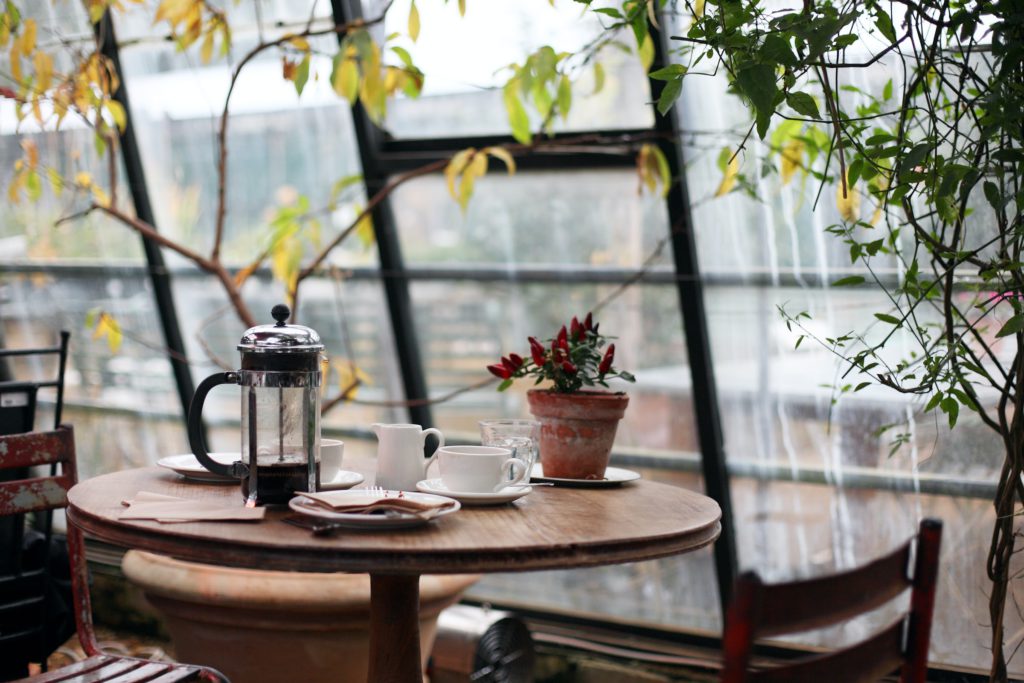
Experience
You’ll find that by spending time working in hospitality, and especially in coffee shops, you’ll soon be able to judge whether this is an avenue that you’re willing and able to invest time and effort in. You will need to be highly motivated to not be discouraged by the increased work hours, new responsibilities, and steep learning curve.
Working with coffee also requires help from some knowledgeable baristas, who can train you up and teach you everything you need to know, from how to clean a coffee machine, to recognising the smell of gone-off coffee and describing different coffee flavours. This would also require you to spend some time as a “Front of House” member of staff, meaning that you’ll learn how to interact with all kinds of customers, how to build relationships with locals so that they become regulars, and how to handle rude individuals.
This may sound like only a small part of the work but, once you’re behind the counter and dealing with customers all day, you’ll be grateful to have learned which customer service techniques and styles work for you (for example, be able to not take things personally, being personable but not over-the-top, etc.).
By training as a barista and front of house employee in an independent coffee shop, you’ll also have access to industry veterans, and be able to ask them about various aspects of running a coffee shop. If you develop a friendly relationship, you could even ask them if they have time to sit down with you to pick their brain.
In short, throwing yourself in the deep end and hoping for the best probably isn’t the best idea. Make sure to spend time working in a coffeeshop and learning from others before committing to opening your own café.
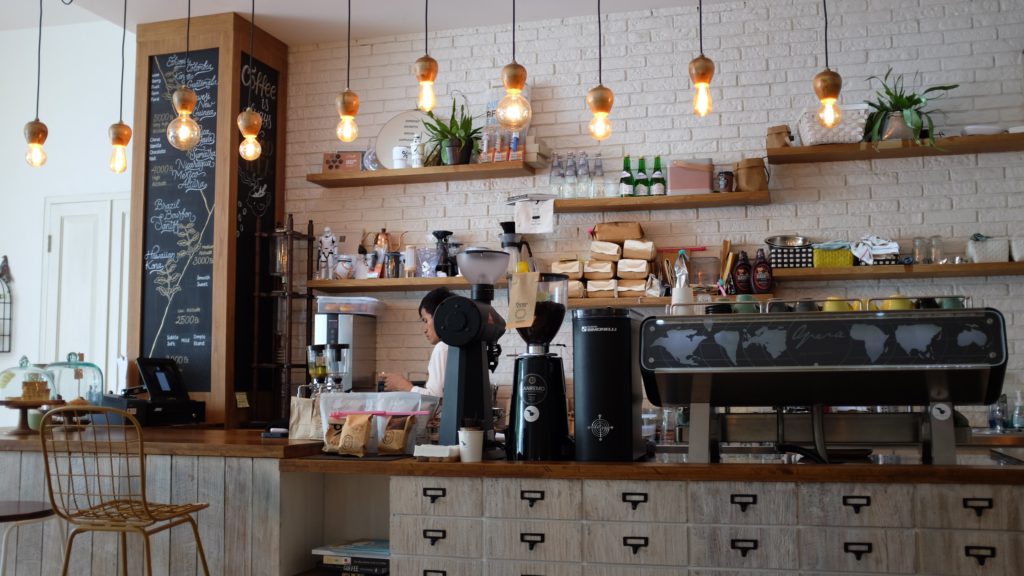
Money
Opening a business is not cheap, and there’s a lot of different things you’ll have to budget for. Even once you’ve built up the capital to find and secure a physical spot, you’ll need a whole lot of other things: most likely a partial or complete refurbishment of your premises, some legal advice on contractual agreements, accountancy help, equipment such as a coffee machines and fridges, produce and stock, and a budget for marketing (to name but a few).
This is where you’ll have to do your research. You’ll find some great resources online, such as Courier Media, with advice about funding, independent business ownership, working in the food and drink industry, and many other essential things to help you on your way.
Potential Business Partners and Initial Staff
This is really two parts. The people you work with, especially in a partnership, will make or break the business. Ask yourself, do you really want to go into a partnership? Or would you rather just hire a Head Chef or a Head Barista? Going into business with someone on an equal, contractual level is not that different from a marriage: communication is key to a healthy partnership, there’ll be the need for compromise and you won’t always agree, and if things don’t go as planned, it risks getting messy (financially and emotionally). So, tread carefully if you’re thinking of entering into a business partnership with a friend, and if you do, make sure you’re both good at communicating and taking responsibility.

Whether you intend to be a major fixture in the kitchen and preparation of food, or if your focus is more on the coffeemaking side of things, either way you have to keep in mind that every aspect of management in the place is now your responsibility, particularly in the first few months. You may want to consider the pros and cons of hiring an experienced barista/floor manager, which will come with a higher cost than hiring someone who is new to the craft and in need of training. Both are great, as one option will give you more time to focus on your own duties and the (hopefully) smooth running of the place, and the other option will lead to a staff member who is well versed and attuned to work in your specific coffee shop. You’ll need to assess what choice makes sense for you, and also see who might be a good fit for you and the business, experience and personality-wise. Know what you want, express that, and ensure that you don’t hire someone with false expectations.
In Conclusion
To tie up what could be a much longer list, if you’re considering opening your own coffee shop, consider the above your starting blocks. Many more questions and issues will manifest along the way, but the best place for you to start is through research and experience, by working in other coffee shops, observing, and asking questions.
Hawkker is a bustling, diverse community of independent food and drink vendors, and is therefore a great place to start your research. In fact, we’ve spoken to a few of our own vendors here at Hawkker, and have more chats coming up with some brilliant, independent coffee shop owners. Stay tuned for advice and key insights from the people behind the successful coffee shops Kin Cafe, Amala Chai and Press Coffee.


